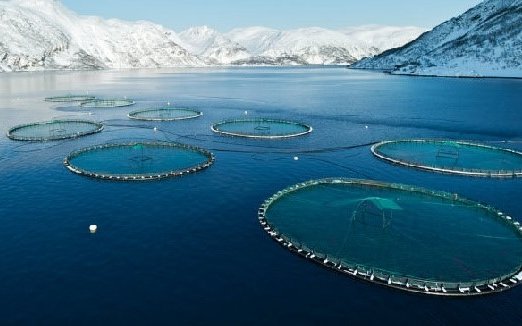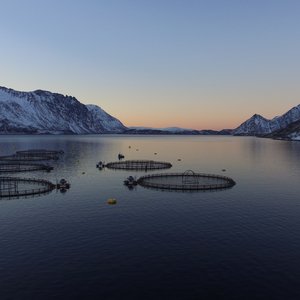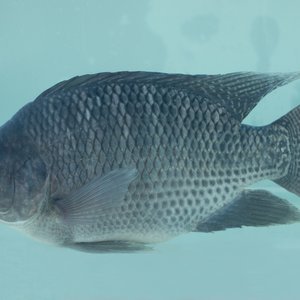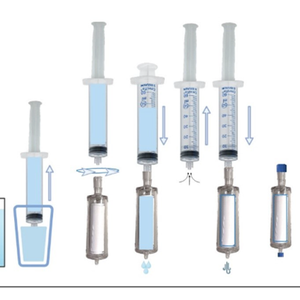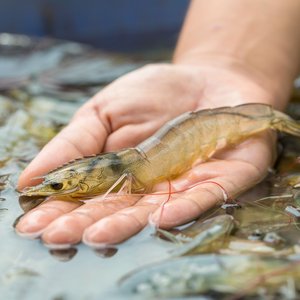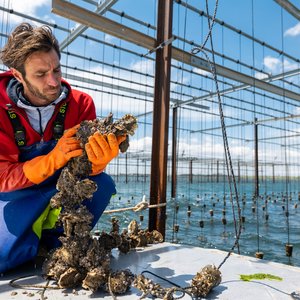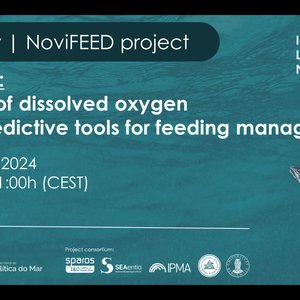The Norwegian government is proposing to introduce a resource rent tax on aquaculture from January 1, 2023. This proposal will be sent out for consultation. Following the consultation, the government will return to the Storting with a bill that will enable the rules to apply from 2023 onwards.
Norway has some of the best climatic conditions for salmon farming in the world. The aquaculture industry utilizes fjords and sea areas that belong to society. Aquaculture licenses are issued by the state and provide a protected right to operate indefinitely. Statistics Norway has identified substantial resource rent in this industry over several years. Resource rent in aquaculture has risen strongly since 2012 and for the period 2016-2018, it has totaled just over NOK 20 billion (USD 1.8 billion), which is on a par with hydropower. The resource rent for 2021 is estimated at NOK 11.8 billion (USD 11.8 billion). “It is, therefore, reasonable for society to receive a share of the extraordinary return generated through the exploitation of these resources,” the government said.
The proposal covers the production of salmon, trout and rainbow trout and involves the taxation of resource rent at an effective rate of 40%. The rules are formulated in such a way that only the largest operators will pay resource rent tax. This is done by granting a tax-free allowance of between 4,000 and 5,000 tonnes.
A key element of the proposal is that the local communities which make natural resources available should be guaranteed a share of the resource rent. The tax revenues are estimated to be between NOK 3.65 and 3.8 billion and the government is planning for half of this to go to the municipal sector.
Shares in fish farmers such as Mowi, the world's largest, Leroy Seafood and SalMar fell on the news and were down between 15% and 19% at 0719 GMT, underperforming an Oslo benchmark index which was 3.4% lower, Reuters reported.


